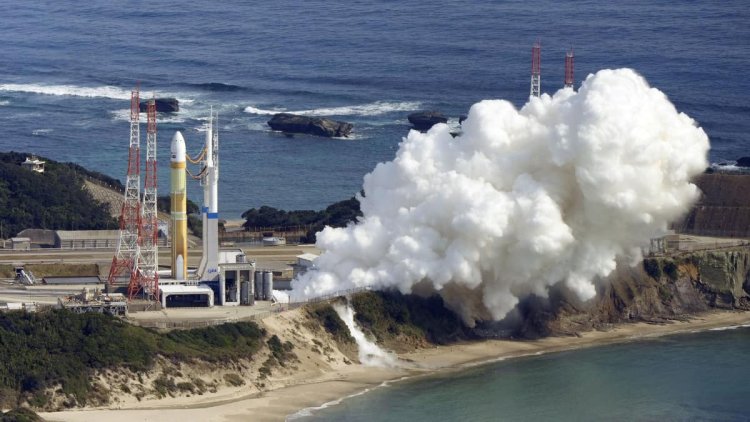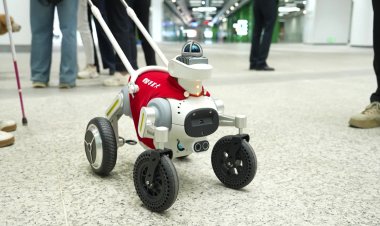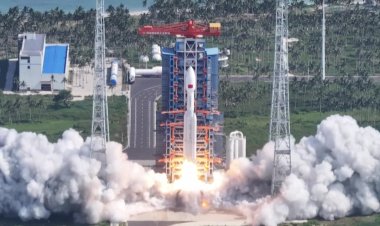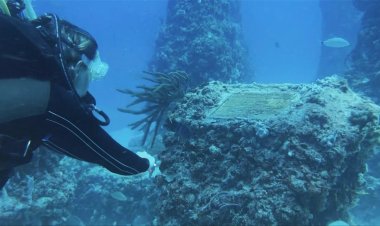Japan's new rocket fails to blast off

Japan's next-generation rocket failed to launch after an apparent ignition problem, the national space agency said.
The H3 rocket -- the successor to the Japan Aerospace Exploration Agency (JAXA)'s H-IIA model, which debuted in 2001 -- was meant to launch mid-morning from Tanegashima Space Center in southwestern Japan.
But "it appears that we failed to ignite the two solid rocket boosters, after successfully igniting the main liquid engines," JAXA spokesman Nobuyoshi Fujimoto said.
TV footage showed the spacecraft sitting motionless on its launch pad, even as white smoke emerged from its main engines, suggesting a successful first ignition.
Fujimoto said the agency would investigate and reschedule the launch, which had already been delayed several times before being finally scheduled to go ahead.
The H3 rocket was developed for more frequent commercial launches, as well as better cost efficiency and reliability.
The incident is not JAXA's only recent launch failure.
In October, the agency was forced to send a self-destruct order to its solid-fuel Epsilon rocket after take-off. It was carrying satellites into orbit to demonstrate new technologies.
That was Japan's first failed rocket launch since 2003.















